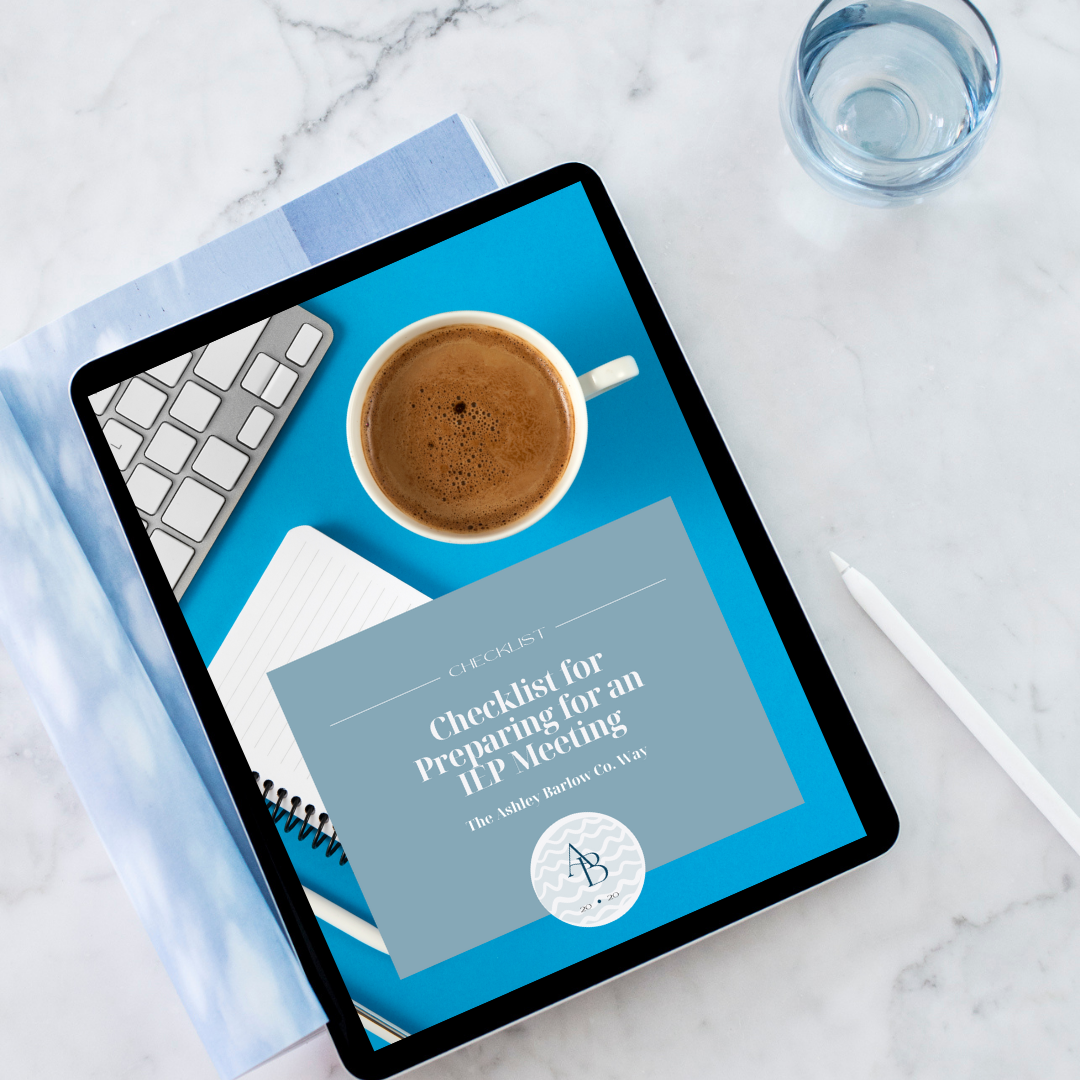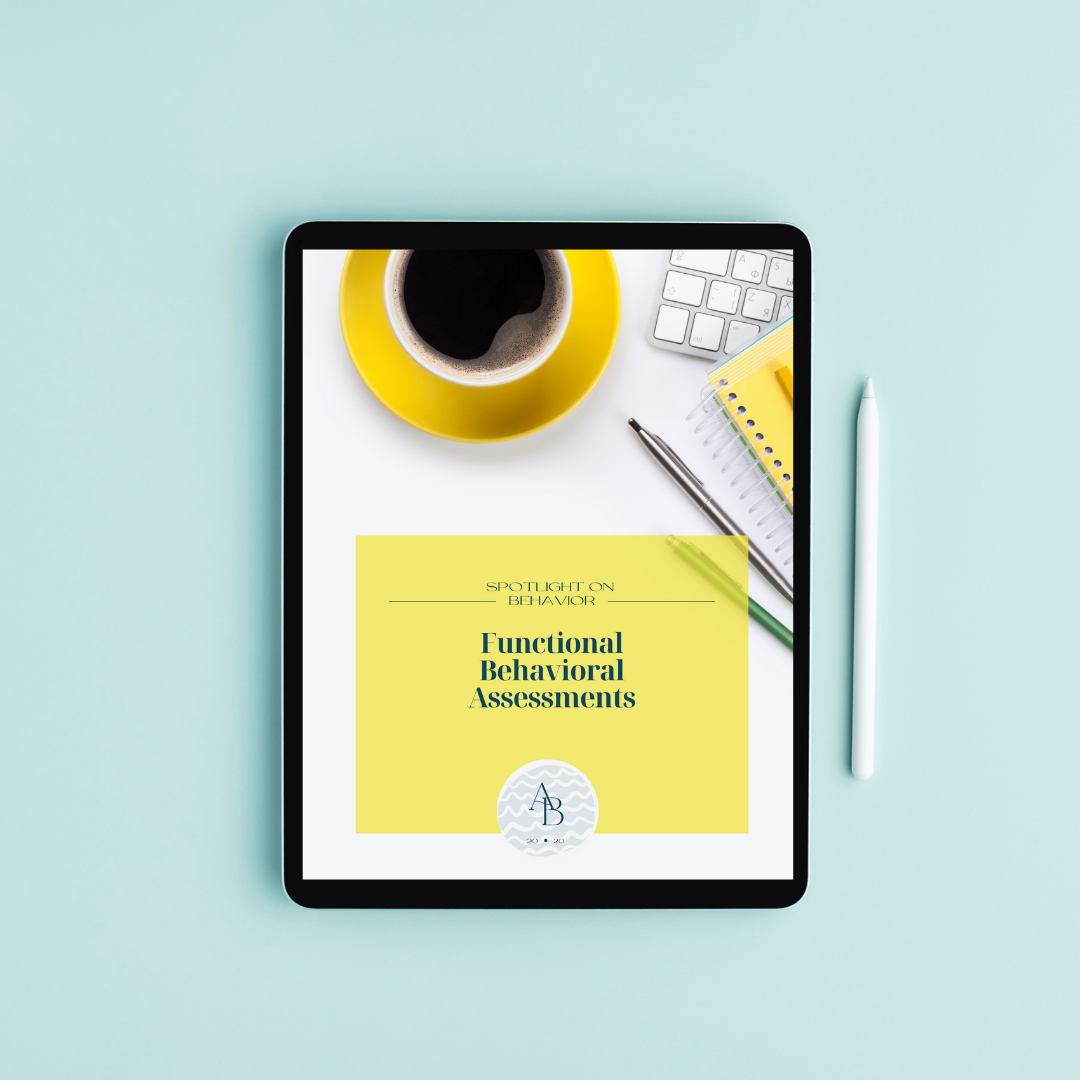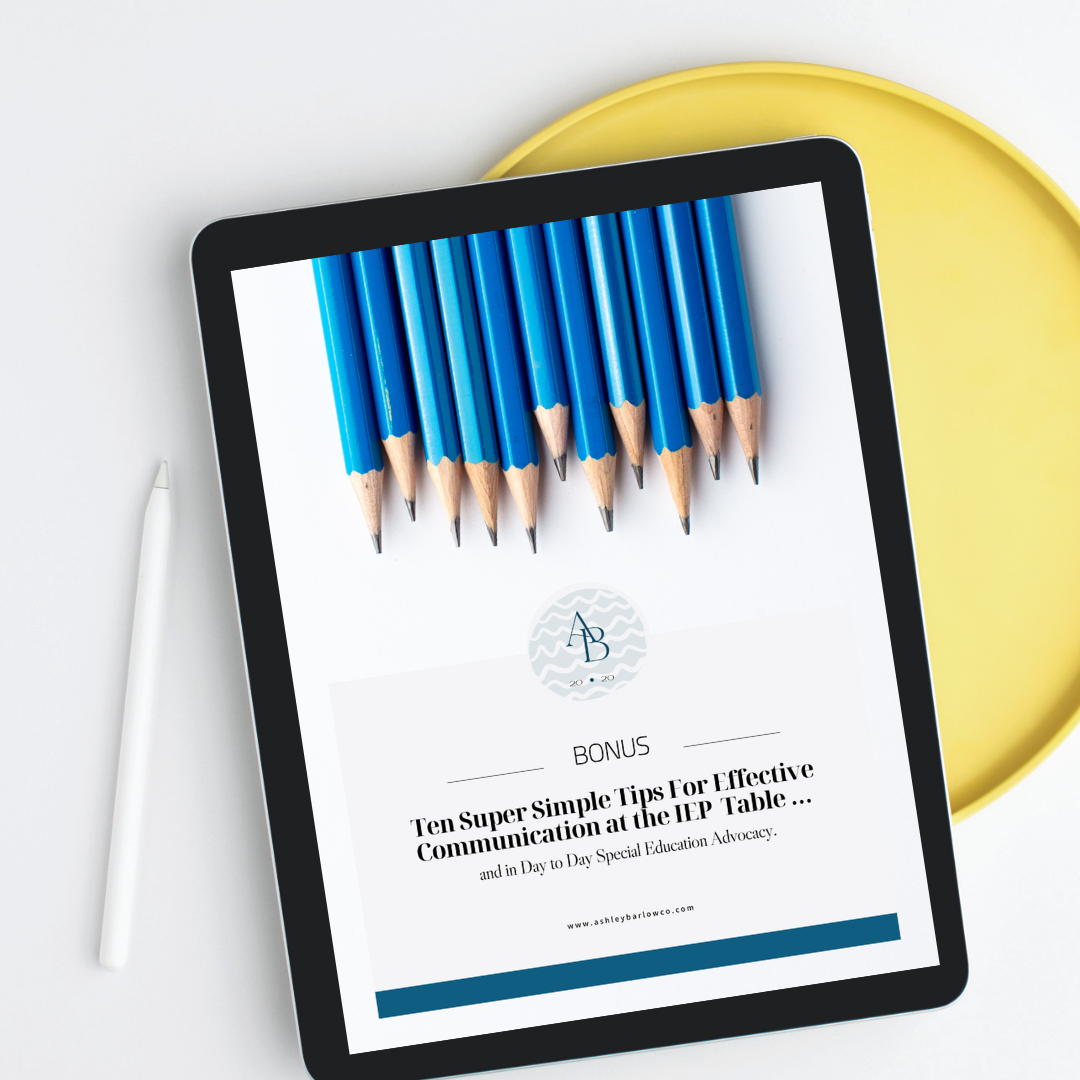- The Initial Referral
- The Investigation
- The College Hearing; and
- The Appeal of Disciplinary Sanction
The Initial Referral
This occurs when the course instructor flags a student’s work for academic dishonesty. Some instructors, simply run students work through some software detection software and a student whose work reaches a certain similarity score is flagged for plagiarism. Some professors may invite you for a chat and seek to get you to admit to cheating or plagiarism. Typically, attorneys are not involved at this case, but it is best practice to have a chat with an education attorney before you meet with your professor. If the professor is not able to get you to admit to the allegations, he will escalate the matter to the dean of students via an Initial Referral.
The Investigation:
Upon receipt of the Initial Referral, the dean of students will contact the student and notify the student of the allegations. The dean will inform the student about the investigation process and the student’s right to participate in the process. The student is required to meet with an investigator who is supposed to act an objective fact-finder in the matter. The student however must not be fooled by the pleasant demeanor of the investigator. The investigator is really only seeking one thing and that is to obtain an admission of guilt from the student. Any statement the student makes at this process will be used against the student at the college hearing level. It is therefore advisable to consult with an education attorney prior to engaging with the investigator. Most universities will allow the student to have their attorney present at this level. Your attorney’s role is to help craft responses to the investigators, caution the student from making costly admissions and most importantly develop the case just in case it proceeds to the next level i.e. the college hearing.
The College Hearing:
A college hearing is a formal quasi-judicial hearing conducted by the school intended to give the accused student a right to some form of due process. It is student’s right to ask for a college hearing if that student has been accused of any code of conduct violation. Some universities may seek to shorten the process by asking the student to sign a “Disposition Form”, in lieu of a hearing. Learn more on Disposition Forms
Generally, a hearing panel is made up of a presiding hearing officer, three or four members of the student conduct board, a representative from the dean of students office, attorney for the hearing officer and attorney for the dean of students. And ofcourse the accused student and their attorney. You can also expect to have witnesses for the school present at the hearing.
The hearing itself is very similar to a civil trial with the dean of student in the role of a plaintiff and the student in the role of a respondent. Both parties are expected to make opening statements, present a case-in-chief, cross-examine witnesses, make rebuttals, tender evidence and make closing statements. The college hearing uses the same burden of proof as in a civil trial and that is the preponderance of the evidence. This burden is placed on the dean of students to prove by the preponderance of the evidence that the student more than likely engaged in the alleged violation.
Even though a college hearing is very similar to a civil trial, a college hearing lacks the objectivity that is found in civil trial. In a college hearing, the student is not entitled to an objective panel of jurors neither is the student entitled to an objective judge. In reality, the “judge and the jury” in college hearing is the university itself.
It is very easy to see that a disciplinary case can be stacked against the student right from the initial referral up to the hearing. It is therefore imperative for the student to retain an experienced attorney who is well versed in higher education law.
A College Hearing is a high-stakes proceeding and an education attorney knows that it takes time to prepare and present a solid defense to prevent adverse actions against the student.
Our firm has successfully represented students who were faced with the possibility of a suspension and expulsion and have been successful in overturning those sanctions.
If you have been notified of a code of conduct violation, we would love to speak with you. we would love to speak with you and share how we can help you. Please sign up here for a free 30-minute case evaluation with Goz:







